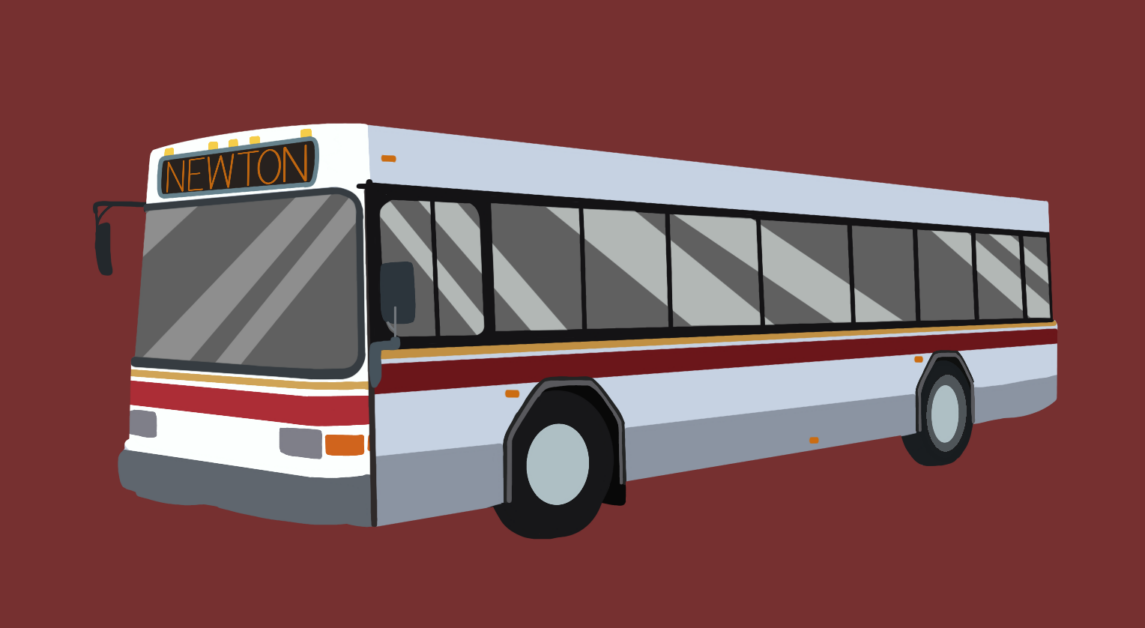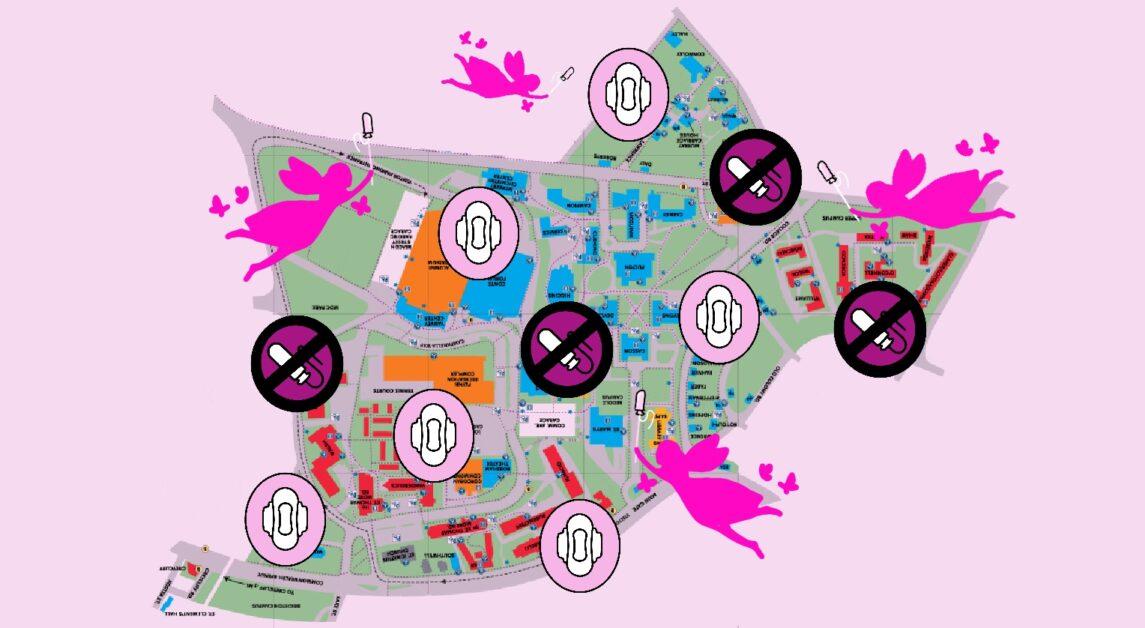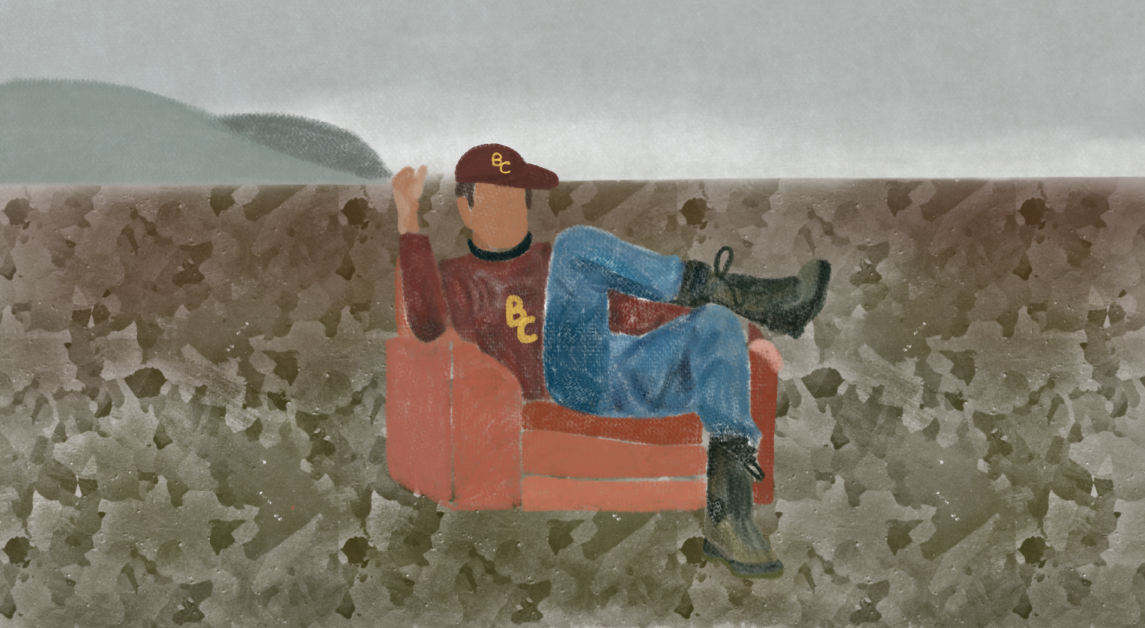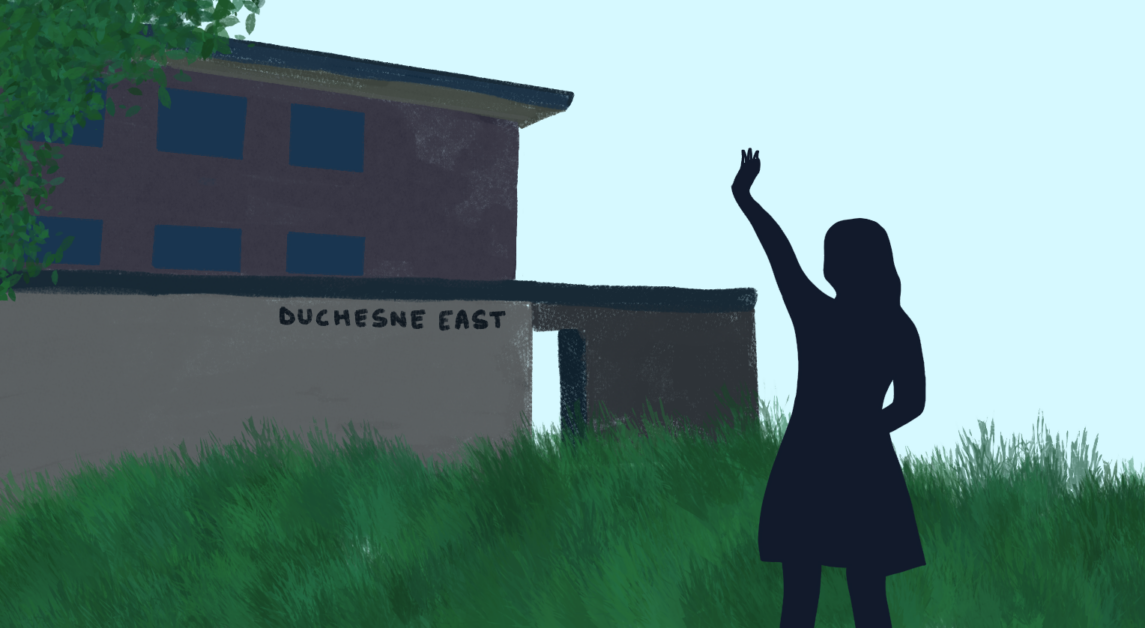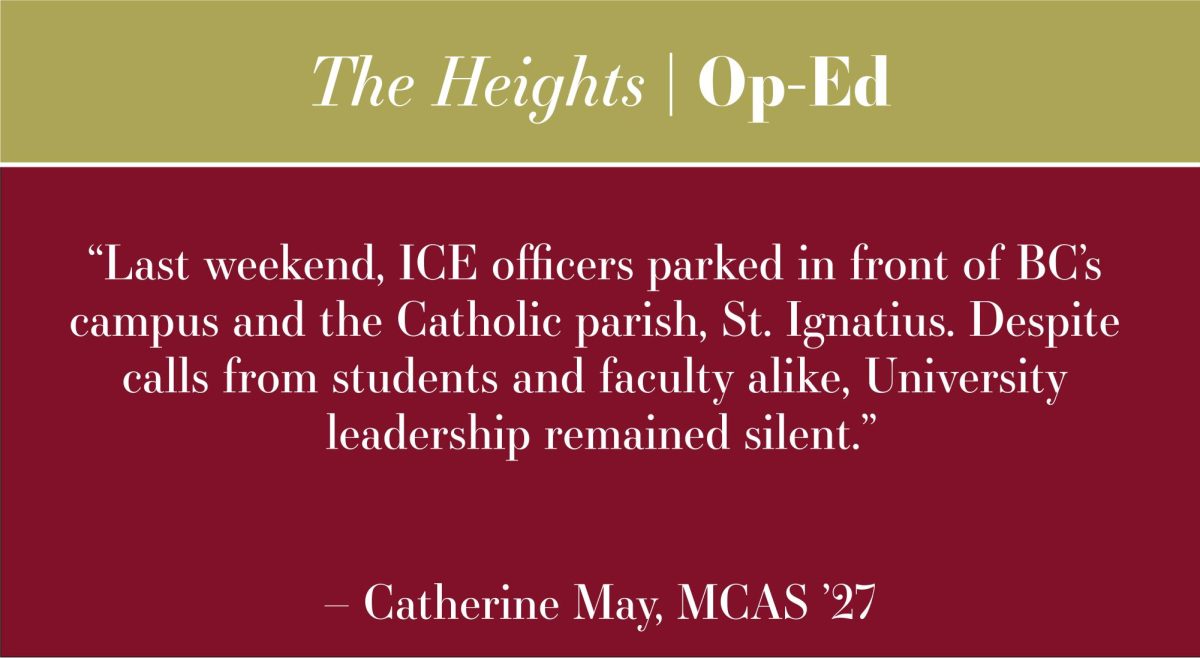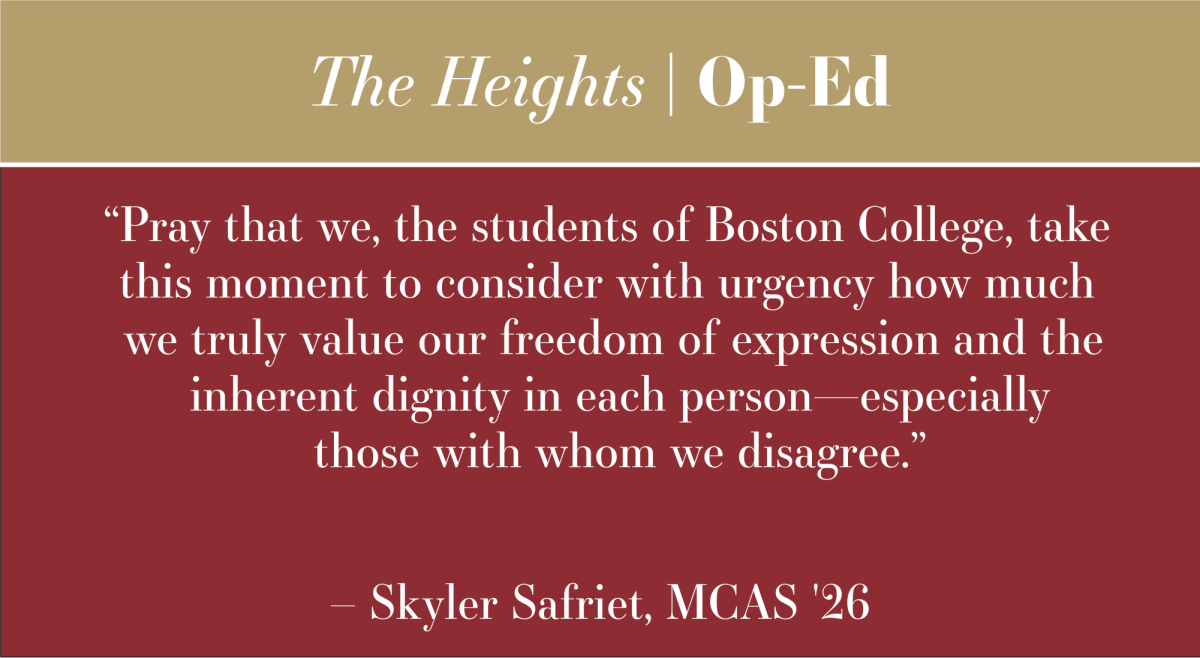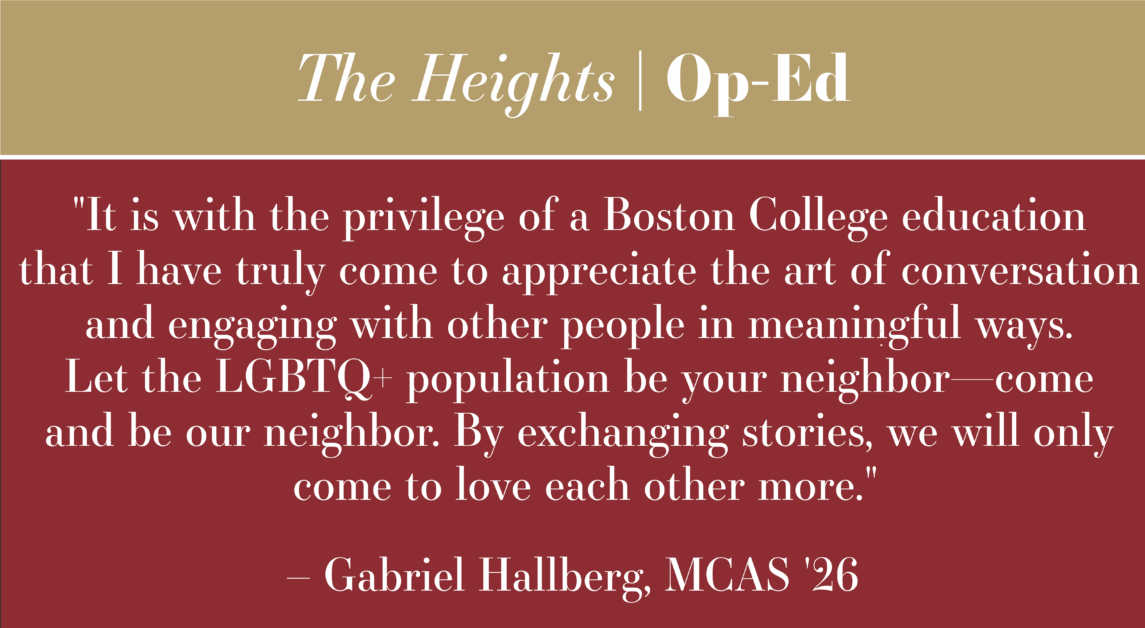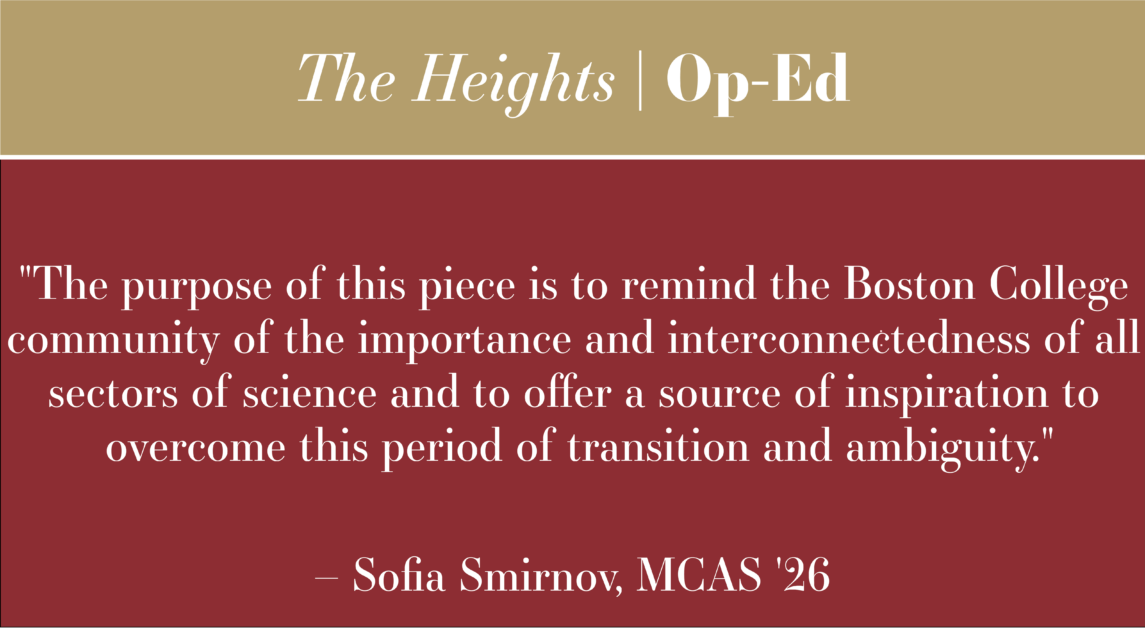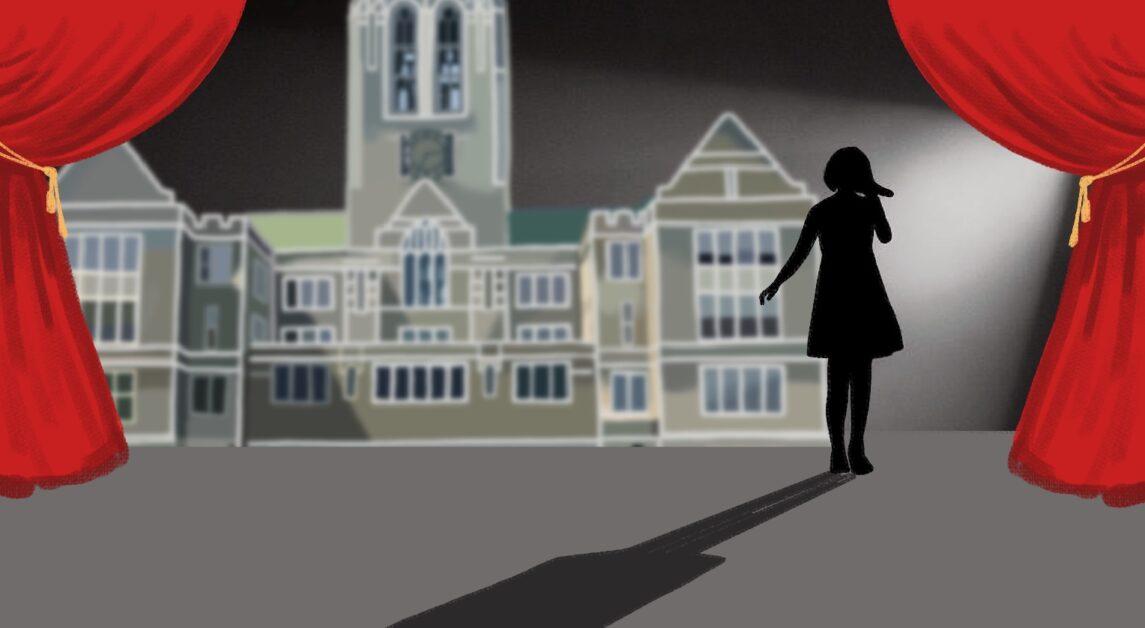Boston College campus tour guides often have to bend the truth. In some cases, they might even snap it in half. Perhaps the biggest lie any BC tour guide provides to their unsuspecting group of high school seniors is about Newton Campus.
“Newton isn’t all bad. In fact, I know so many people who found their closest friends there!”
“If you’re on Newton, you’ll meet so many cool people on the bus!”
“The Newton bus only takes about 10 minutes, and it actually gives you a nice home away from campus. It’s really unique!”
It’s not original to dramatically complain about Newton Campus. Being a Newtonian myself, I’m more than a little sick of hearing about post-housing satisfaction surveys and the many endearing nicknames for Duchesne Hall.
This year, though, concerns from the Newton freshmen at BC appear to be more justified than in years prior. As a national labor shortage threatens bus transportation across the United States, BC’s bus system has been especially unreliable. This year’s bus schedule is reduced compared to years prior, which is due to a shortage of staff. Many of my peers and I have seen the bus system change from a slight inconvenience to a genuine frustration.
Labor issues in 2021 are not unique to BC. The national labor shortage has affected a wide variety of jobs in Massachusetts, including many on BC’s campus. Aside from bus drivers, this is most visible within the dining halls. Reminders to “try something new” are pasted along the walls of Lower, alongside an apology for any limits to service. The Chocolate Bar has also been experiencing labor shortages, and has had to close multiple times so far this semester. This labor shortage originated from the mass layoffs early in the pandemic and exists partly due to a disturbing disparity. Even as the economy is reopening, companies are struggling to make entry-level salaries attractive to potential employees. Now that this labor shortage has caused many to reconsider their definition of fair compensation, we should examine how this may apply to the bus drivers at BC.
BC Transportation outsources its bus drivers from the large, private bus system BostonCoach for the Newton and Commonwealth Ave. lines of transit. According to ZipRecruiter, these kinds of charter bus drivers in the Boston area make between $36,189 and $50,773 per year. Meanwhile, new listings for single-person Newton apartments at their least expensive are at around $1,800 per month. It’s not hard to do the math—making the generous assumption that BostonCoach pays drivers in the higher end of this salary range and that the least expensive apartments in Newton would be available to these drivers, a BC bus driver would still be spending over 40 percent of their income on rent just to live nearby. This is significantly higher than the recommended maximum of 30 percent of one’s income being used for rent, and it is a clear sign of underpayment relative to labor.
The underpayment and subsequent shortage of bus drivers is bad for BC students as well. Fewer bus drivers has led to missed stops and extended wait times for hundreds of undergraduates at BC waiting for both the Newton and Commonwealth Ave. lines of transit. This undoubtedly impedes the academic experience at BC. Speaking from personal experience, it is difficult to plan out a weekend of studying between Main Campus and Newton when buses are so unreliable.
So, what’s the solution? Increasing the base salary of bus drivers, especially those at BC, is a clear remedy to improve drivers’ standard of living, reduce the wasted time of the BC undergraduate population, and curb the labor shortage in the Newton area. After all, according to a study by BTIG, higher pay is the primary motivator by the unemployed to return to an hourly wage position.
Unfortunately, due to the existing contract for shuttle services between BostonCoach and BC Transportation, the University is not in control of, nor even privy to, the salaries of bus drivers. Solving the issue of bus driver salaries would require significant effort by the administration to find a contractor willing to pay a livable wage to its employees, and could take months of work. Still, solving the bus problem at BC should not be a daydream of Newton kids—it’s the appropriate response to the economic environment surrounding BC.
Featured Graphic by Olivia Charbonneau/ Heights Editor

